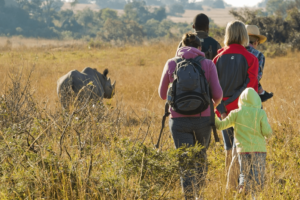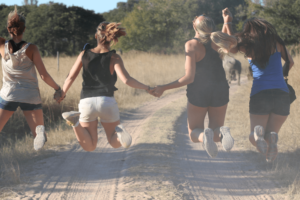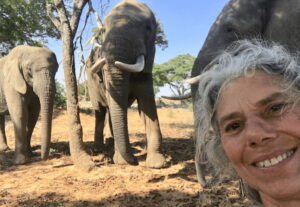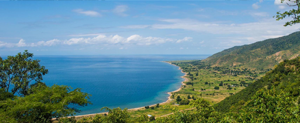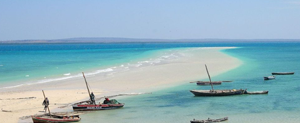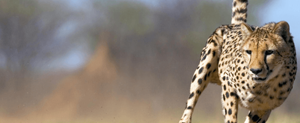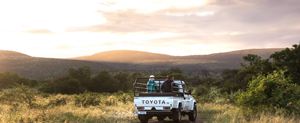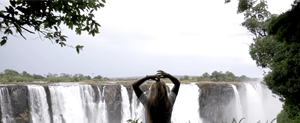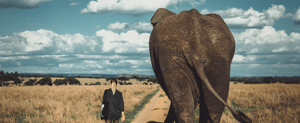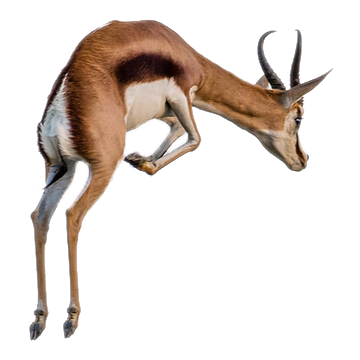Last week the International Air Transport Association (IATA) published their ‘Roadmap for Restarting Aviation’ report, aimed at helping the airline industry safely resume flights. In the same week, global holiday company, TUI presented their ‘10 point plan’ for hotels reopening after lockdown ends.
It got us to thinking about how we can all travel more responsibly and sustainably when borders reopen, and what Covid-19 has taught us about the impact of our increasingly globe-trotting lifestyles.
The ban on travel has had wonderful and positive impacts on the environment – skies are clearer, the air in cities has never been cleaner and animals are enjoying new freedoms and places to roam without the presence of humans.
The health crisis has caused us to reflect on and see first-hand the impact that human travel has on the planet. It has been known for some years that reducing air travel is the best way to quickly cut the levels of greenhouse gas emissions, so the question should be posed – when we can travel again, should we?
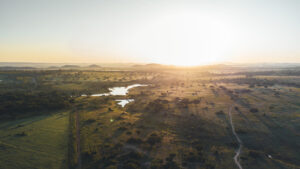
Things to consider:
1) How often you travel – save your carbon budget for impactful trips
The coronavirus pandemic has shown some of the best that mankind has to offer – how we can unite for the collective good and take life-changing actions for the good of both a local and global community. When Covid-19 is behind us, we must still look at what we can do individually for the good of the planet, and our approach to travel must be one of our considerations. Tourism accounts for 8% of global carbon emissions, with flights taking up all but a tiny amount of that percentage.
Perhaps think again about multi-flight holidays, maybe take one longer trip per year instead of five or six short ones – save your carbon budget for one holiday that has an impact on the destination, rather than visiting multiple, already crowded tourist destinations. Think quality, not quantity.
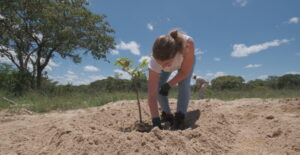
2) Consider carbon offsetting
A typical flight from London to Johannesburg generates about 2 tonnes of CO² (source: Atmosfair). In 85 countries, this is more than the average person produces in a year.
Off-setting means calculating the emissions and then purchasing equivalent ‘credits’ from projects that prevent or remove the emissions of an equivalent amount of greenhouse gasses elsewhere. Currently just 1% of passengers offset their carbon emissions. The carbon offset market has always been a largely unregulated one, used by airlines and airports as a way to sell more flights and expand even further. We don’t recommend purchasing offset credits when purchasing your flights.
A better approach is to work out what your carbon offset will cost using an online calculator (we used this one from Atmosfair), and donate that amount to smaller energy and conservation groups who are already doing excellent work on tree planting and clean energy. You could have a forest of banana trees or avocados planted in Kenya, reduce the amount of methane emitted from an Indonesian waste dump, or provide fresh water to Malawians. The fantastic website Skeptical Science (which largely tackles climate sceptic misinformation) lists some projects that are crowdsourcing. If you want to buy official offsets, we recommend giving to Gold Standard-approved wind or solar energy projects such as Cool Effect. You can find Gold Standard VER projects on the Gold Standard website.
3) What you do on your holiday – make it count
Exploring the world gives us the global perspective we need to care about the future of the planet. We need travel. The tourism industry accounts for 10% of the world’s jobs, and there are critical areas of the world almost totally reliant on travel and tourism for survival.
Whilst wildlife in some areas have been enjoying the absence of humans, in other areas, particularly across the Third World, poaching is on the rise and funding for conservation, anti-poaching and animal rescue programmes has all but disappeared.
We know that travel gives a deep appreciation for the vast and infinitely beautiful world we inhabit, and seeing wildlife first-hand, and meeting with local communities gives us the desire to protect it. If Covid-19 has taught us anything, it is that travel is a privilege and not a right, one that can be taken away from us extremely easily. However, if we don’t change the way we travel, there won’t be a planet left for us to explore.
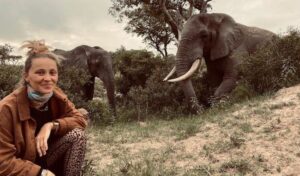
– – – – – – – – – – – – – – – – – – – – – – – – – –
How has Coronavirus affected our partners?
Our volunteer projects rely almost entirely on volunteer support, tourism and overseas donations to continue their successful operations. Volunteer contributions of time and energy are sorely missed in your absence – work takes longer to complete and some has to be put on hold without funding and willing hands. Your project fees are used to pay staff salaries, maintain equipment and carry out training, and without these fees, difficult decisions have to be made.
“This time has brought to light how deeply we rely on volunteer assistance and tourism to keep Imire afloat. The hours are long without extra hands, and of course we worry about how our operations will continue without tourism to fund our conservation work.” – Reilly Travers, Conservancy Manager – Imire: Rhino & Wildlife Conservation, Zimbabwe
At the time of writing, Africa’s response to Covid-19 has been remarkable. South Africa, for example, took swift and stringent actions to flatten the curve, and in much of the continent, policy has been surprisingly effective. With a youthful population, wide open spaces, early lockdown measures and often lower population density, we hope that their experiences are less serious than those seen in Europe and North America.
We continue to work with our project partners to ensure that when lockdown ends, and borders reopen, our projects are fully prepared to welcome volunteers in a safe environment.
– – – – – – – – – – – – – – – – – – – – – – – – – –

